Ahmed Aboul Gheit, Secretary-General of the Arab League, participated today, Wednesday, in the opening session of the Economic and Social Council at the ministerial level, the 116th regular session, at the headquarters of the General Secretariat.
In his opening speech, the Secretary-General said: I would like to focus my talk today on topics related to supporting the resilience of the Palestinian people by strengthening the Palestinian economy and supporting several Palestinian social care centers.
He added that the most important priority for the coming phase is preserving the Palestinian state project, which the occupation seeks to erase from existence through the displacement of the people and seizure of land. Our mission is to maintain the resilience of Palestinian institutions and enable them to continue performing their national role amid extremely difficult conditions and existential threats to the Palestinian cause.
Aboul Gheit affirmed that the steadfast people in Gaza have faced unprecedented brutality and inhumanity in contemporary history, with starvation used as a weapon before the eyes and ears of the world, whose influential powers remain unable to stop this daily massacre and put an end to this ongoing slaughter. The goal has become clear to all: to push the people to abandon their land and undermine the two-state solution, not only in Gaza but also in the West Bank and East Jerusalem.
He pointed out that our nation’s economic capabilities are not insignificant, calling for these capabilities to be mobilized and capacities sharpened to preserve the state project, strengthen its institutions, and support the resilience of the people in both Gaza and the West Bank.
He referred to the agenda of today’s meeting, which also includes topics related to initiatives to establish new ministerial councils and develop the performance of specialized Arab organizations, stressing that this is an important and vital direction. The necessities of the phase require developing mechanisms for joint collective work to keep pace with the requirements of the era and its rapid changes.
He explained that facts have proven the importance of achieving flexibility and fluidity in planning and implementation so that existing and emerging bodies can achieve the goals for which they were established and meet growing needs, all in line with the Charter of the Arab League, which represents the main compass and fundamental reference for any effective and influential Arab collective action.
He indicated that among the topics discussed at today’s meeting are those related to spreading the culture of tolerance, peace, and dialogue among civilizations, topics that fully align with the dangerous phase the world is going through. Today, we urgently need to spread the culture of peace and strengthen its practices, a fundamental right in the international human rights system, which many international actors have neglected.
Aboul Gheit confirmed that it is time to spread the culture of dialogue, tolerance, and peace among peoples, enhance related practices, and embed them in educational curricula, media, cultural and religious speeches, and other platforms of communication between communities.
The Secretary-General renewed his call to all wise and prudent people worldwide to work together to promote a culture of dialogue and peace as a way to resolve disputes and conflicts, combat hate speech, violence, and intolerance, instill a spirit of reassurance among emerging generations, integrate them within their societies, accept others, and merge with them to build safe, advanced societies that progress on the path of comprehensive and sustainable development, leaving no one behind.
He added that ten full years ago, the international community adopted the 2030 Sustainable Development Goals and set timelines, plans, and programs that would contribute to achieving these goals and their derived objectives. After a decade since launching this international agenda, and with the remaining time to complete it decreasing, critical challenges clearly affect the fate of these goals in many regions, amid humanitarian crises caused by wars and rounds of violence in several Arab countries, which have delayed human development efforts by decades, exacerbated poverty and hunger indicators, and destroyed infrastructure and government service systems, foremost among them education and health.
In this regard, the Secretary-General emphasized the necessity of concerted efforts to provide a safe and suitable environment to achieve the simplest development requirements in these areas.
He also pointed out the need for your esteemed council to provide an Arab platform to exchange successful national experiences and expertise in reconstruction and rebuilding, which are abundant in our Arab countries.
He stressed the importance of following up on the implementation of the resolutions of the fifth session of the Arab Economic and Social Development Summit, hosted by Iraq last May, which issued more than 30 important decisions on various economic, social, and developmental topics, including executive measures undertaken by member states, the General Secretariat, and specialized organizations alike.



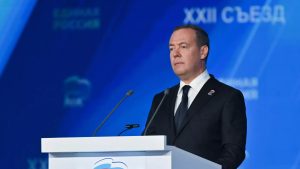

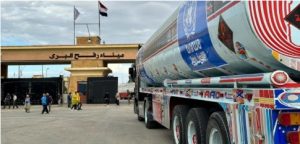
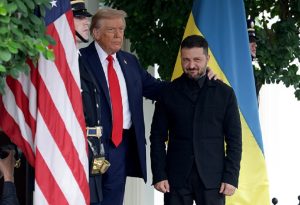
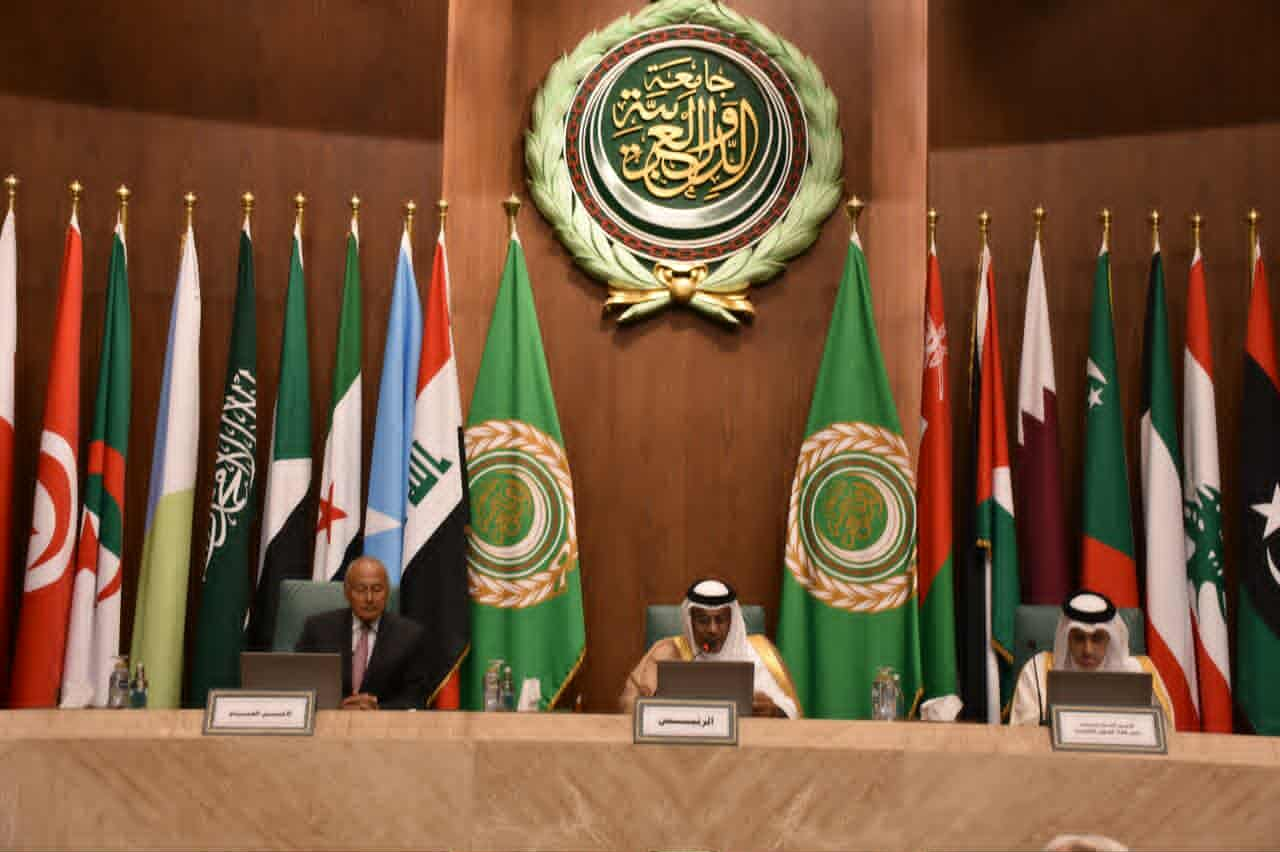
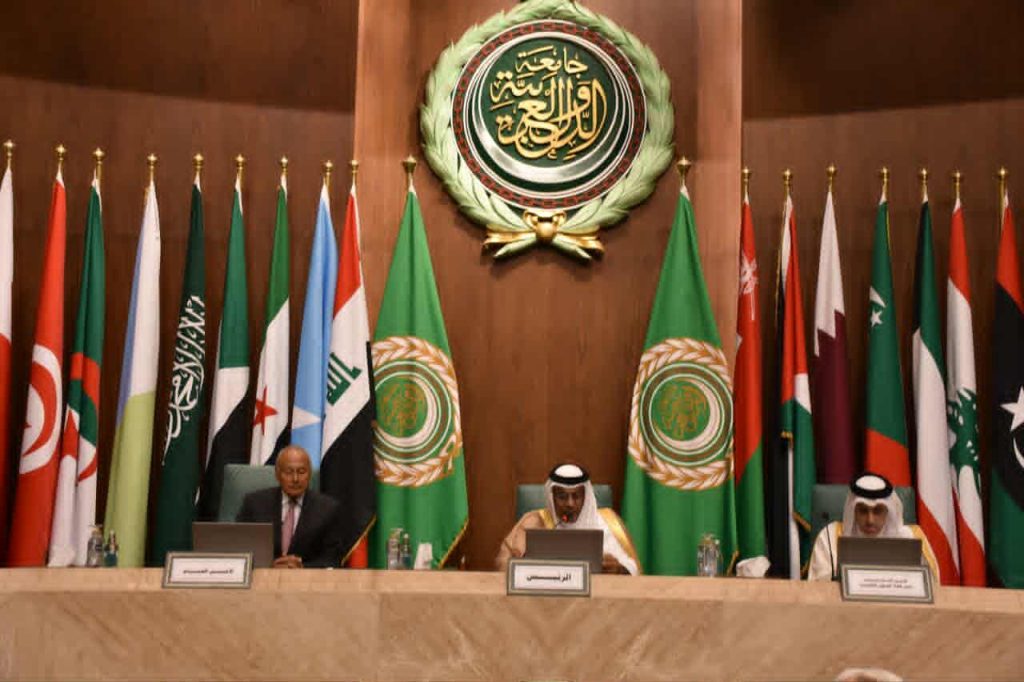




Recommended for you
Talib Al-Rifai Chronicles Kuwaiti Art Heritage in "Doukhi.. Tasaseem Al-Saba"
Exhibition City Completes About 80% of Preparations for the Damascus International Fair Launch
Unified Admission Applications Start Tuesday with 640 Students to be Accepted in Medicine
Egypt Post: We Have Over 10 Million Customers in Savings Accounts and Offer Daily, Monthly, and Annual Returns
His Highness Sheikh Isa bin Salman bin Hamad Al Khalifa Receives the United States Ambassador to the Kingdom of Bahrain
Al-Jaghbeer: The Industrial Sector Leads Economic Growth